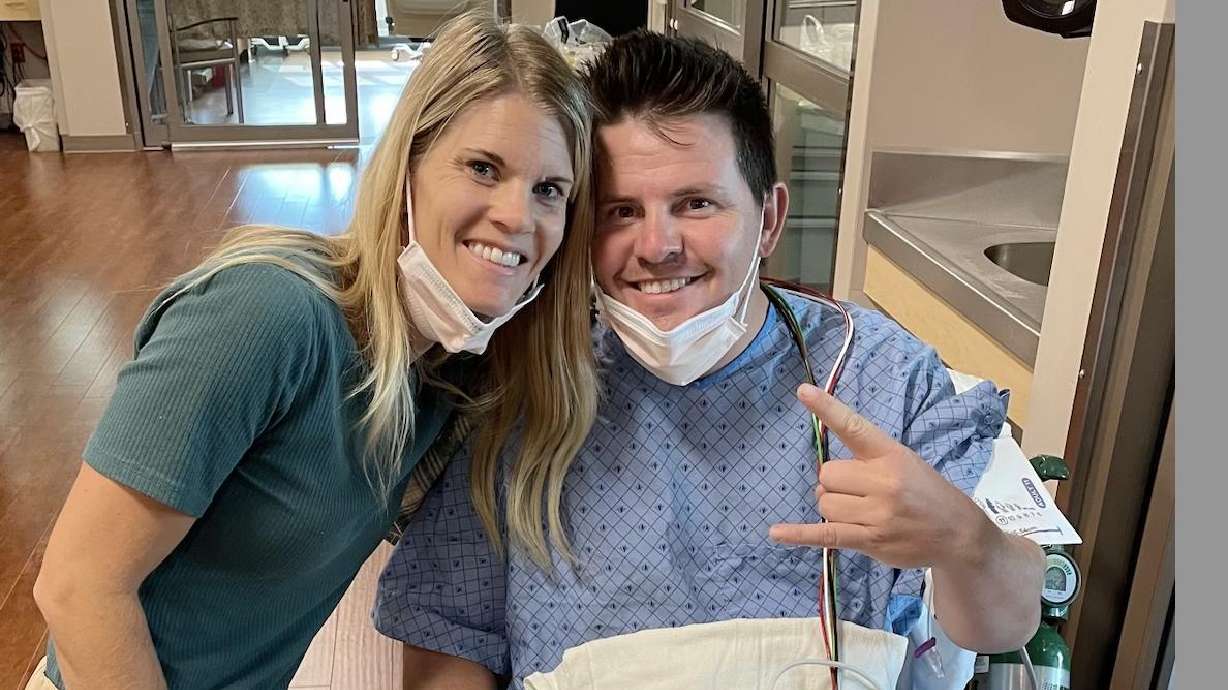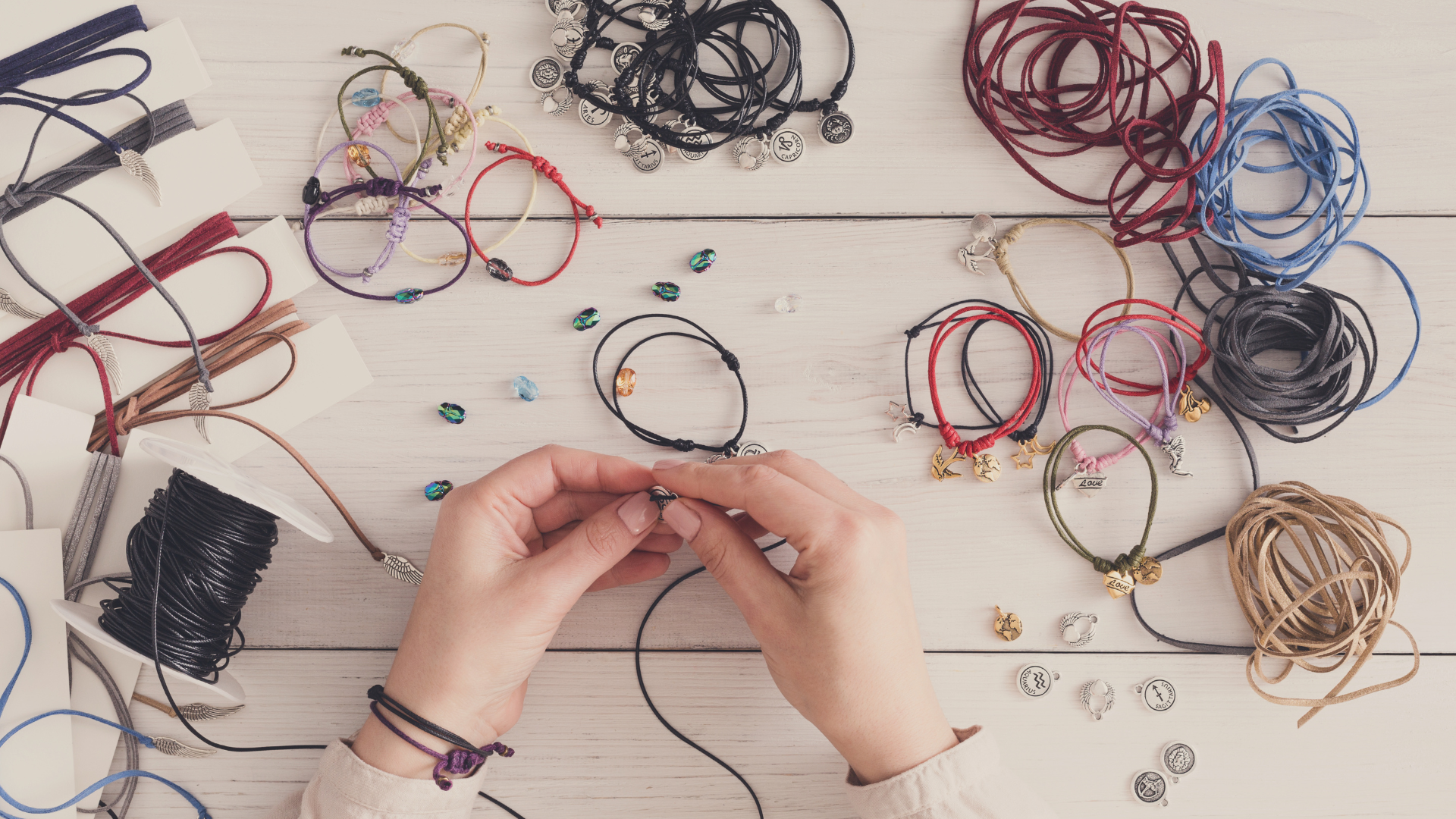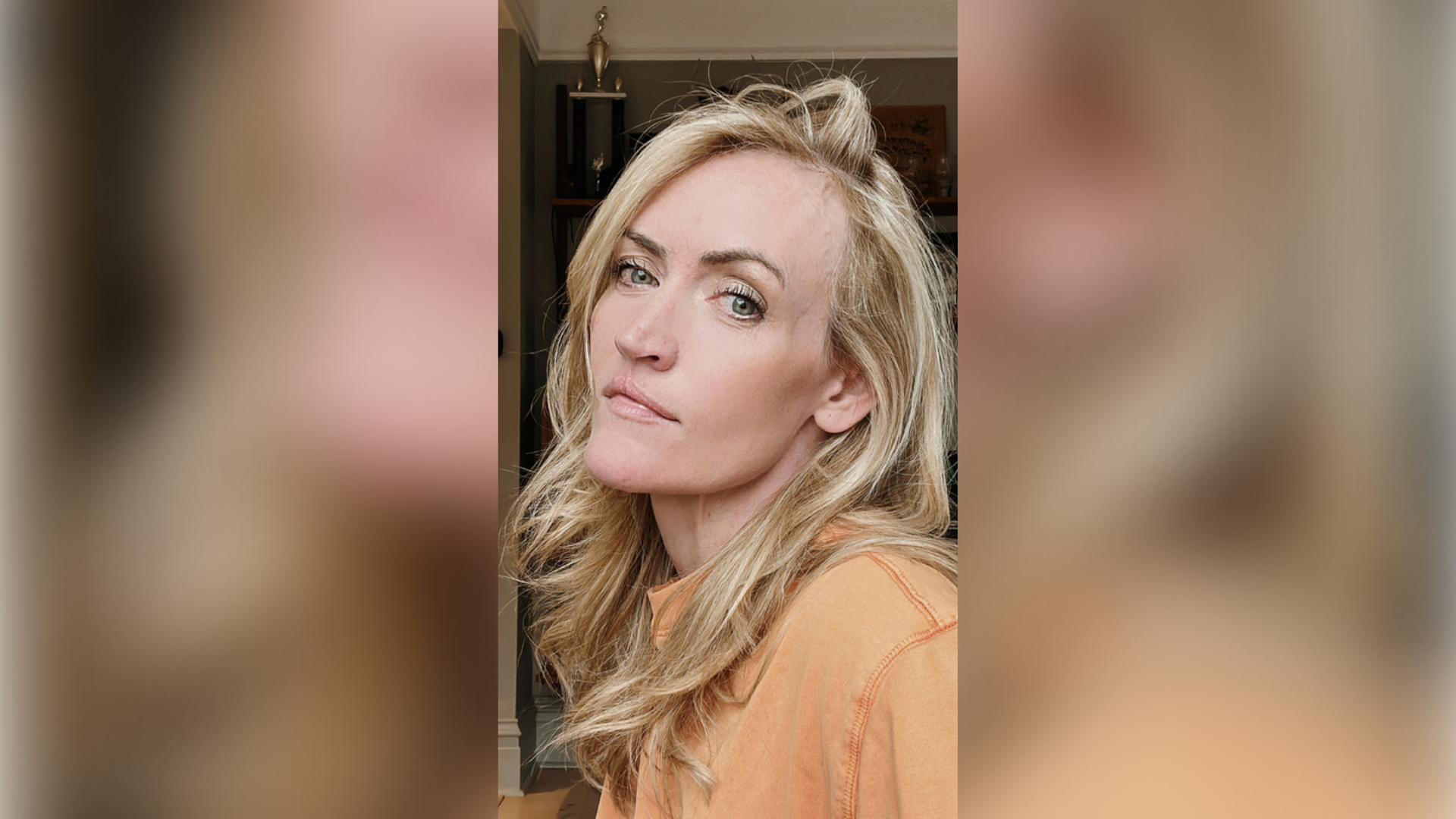HEALTH
Like it or not, science backs up your teen’s love of the snooze button
Oct 17, 2019, 6:33 AM

(Stock Photo)
(Stock Photo)
(CNN) — In the battle between the adolescent penchant for hitting the snooze button and parental desire to rush them onto an early morning school bus, experts say science is increasingly siding with the snooze.
The biological clock of teens is shifted, Dr. Mary Carskadon, director of the Sleep and Chronobiology Research Lab at EP Bradley Hospital, told CNN. That means everything influenced by the circadian timing process, including sleeping, waking and eating patterns are set later.
And if teens have trouble naturally falling asleep at an early hour and don’t get the recommended eight and a half to nine hours of sleep, asking them to be awake, ready and in a classroom by 7:30 a.m. can wreak havoc on their systems, Carskadon said.
Students in one state have gotten a reprieve from the early morning blues. California Gov. Gavin Newsom signed legislation Sunday that pushes back start times for middle and high schools to align with teens’ circadian rhythms. It’s a move sleep experts hope more school districts will follow.
That’s especially because research suggests that when teens get a later start in the morning, they can do a better job of checking off the things on many parents’ priority lists like:
Paying attention and getting their homework done
Four out of five public middle and high schools in the US start before 8:30 a.m., the earliest time recommended for teens, according to the US Centers for Disease Control.
Carskadon says the negative consequences of early waking on academic performance are obvious: Students have more trouble concentrating in class and retaining information, feel tired during the day, have more absences and tardiness and have a hard time doing their homework and class reading well.
There isn’t enough time between when their clocks tell them to go to sleep and when they need to be in class to get the sleep they need, she says. And to make matters worse, for many teens, their bodies are telling them it’s still time to be in bed when they are trying to listen in class.
“A lot of kids will just be asleep in first period because their brains are — almost literally — on the pillow and not yet in the classroom,” she said.
Avoiding the junk food
When students are off of their regular sleep cycle, they often also fall off of their ideal eating cycle too, Carskadon said. Since the biological clock influences humans’ eating, straying from the circadian rhythm could mean eating too much or eating the wrong food at the wrong times, she said.
Who among us reaches for a healthy snack when we are tired and awake when we aren’t supposed to be, asked Stacy Simera, a licensed social worker who is chair of the sleep committee for the Ohio Adolescent Health Partnership.
That disruption not only means worse nutrition, but it can lead to an increased risk for Type 2 diabetes, Carskadon said.
Staying out of trouble
When it comes to impulse control, Carskadon and her colleagues say teenagers already have the accelerator pushed down without any breaks. That’s because the emotional side of the brain is well developed in those years, but doesn’t have a very strong link to the executive decision-making side.
And neuroimaging studies showed that link is even weaker in teens without enough sleep. The result can be trouble controlling their impulses and increasingly engaging in risky behaviors like foregoing helmets, driving under the influence and abusing substances, Carskadon said.
Keeping happy and safe
From a physical health perspective, teens who get adequate sleep also are shown to suffer fewer car accidents and sports injuries, said Simera.
She says teens fall asleep easiest and get the best quality sleep from 11 p.m. to 8 a.m. — the sweet spot. And research shows that straying from that sweet spot and sleeping less is correlated to depression, anxiety and suicide, she said.
One study found that for each extra hour of sleep adolescents get, suicide risk goes down 11%.
OK, so why won’t they just go to bed earlier?
To go against their body clock, health professionals say teens can do things like go to sleep at the same time, turn off electronics an hour before bed, forgo afternoon caffeine and get bright light in the morning (but not in the evening), among other things.
But all of that is easier said than done.
“All those things, show me a grownup who is able to do that,” Carskadon said. “It’s putting a big burden on teens without much support to help them implement those changes.”
And that burden has a disproportionate effect on students who are already at a disadvantage from social factors like socioeconomic status and family structure.
Some students can be driven to school by a family member and have adults monitoring when they are going to bed and waking up, she said, and so if they oversleep (or want to) they have support to make sure they can eventually get to school.
But for teens whose parents work long hours or don’t have the resources to drive them, they are often waking up earlier to catch a bus — and missing entire days of education if they don’t.
“We do know that sleep loss hurts every teenager, but it’s going to hurt the low SES teenager even more,” said Simera.
And to those who say early start times prepare students for the real world of mandated hours, Simera says the status quo isn’t helping them in that way either.
“If we want to prepare kids for the real world, let’s let them enter the real world with decreased rates of depression, decreased rates of diabetes, with fewer head injuries from car crashes or sports injuries,” she said.
The-CNN-Wire
™ & © 2019 Cable News Network, Inc., a Time Warner Company. All rights reserved.











